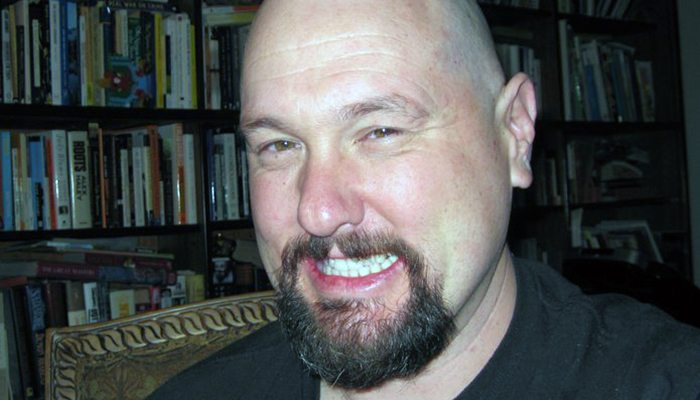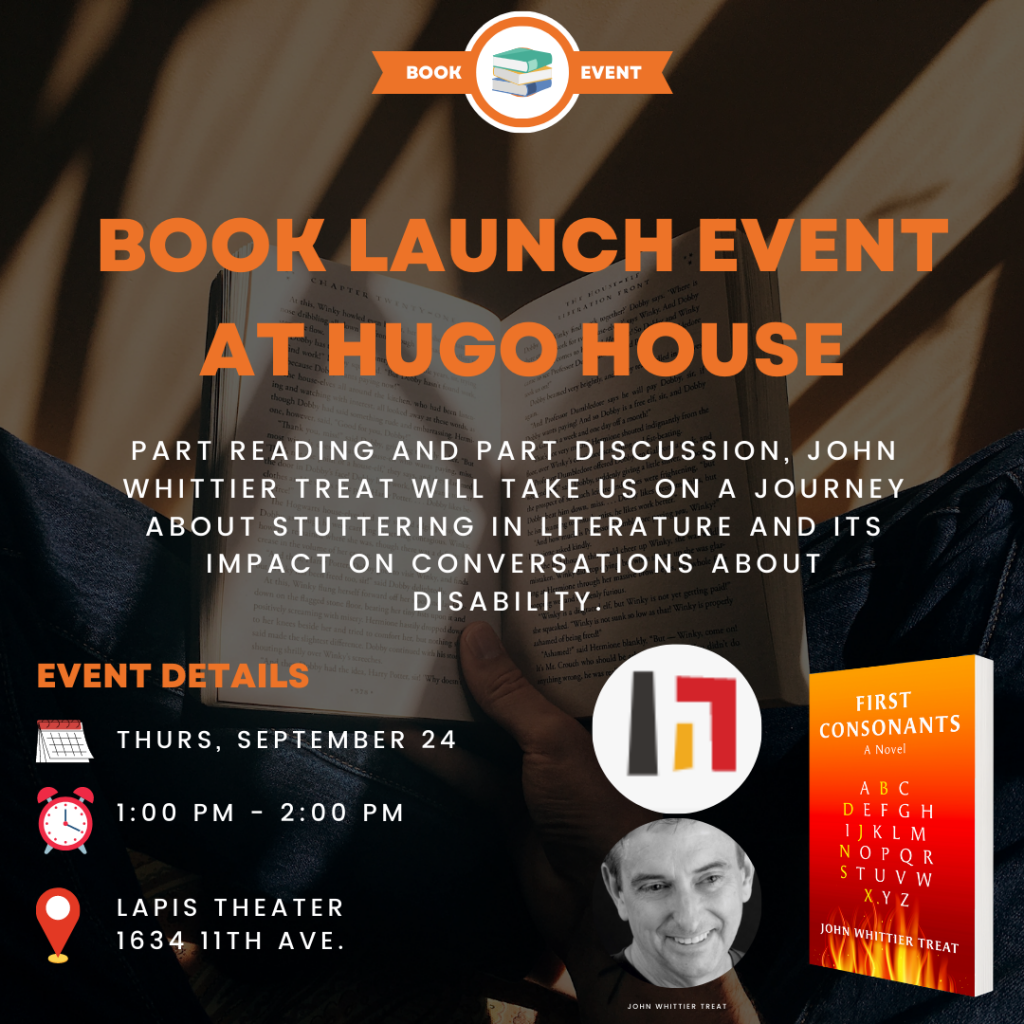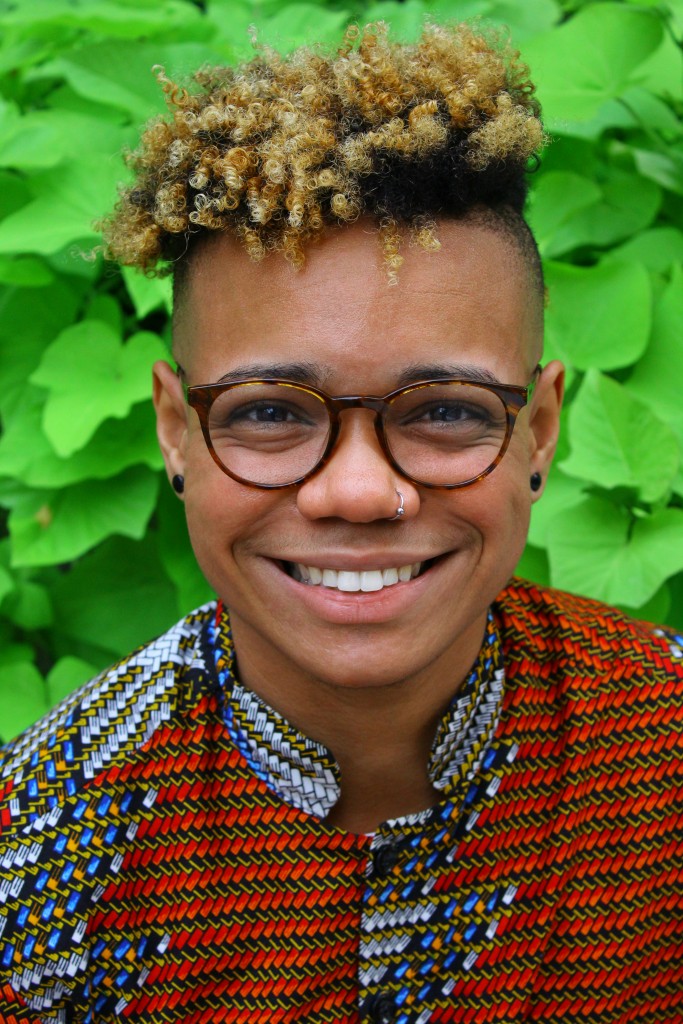“If we knew you were going to be a writer, we’d have been better parents.” Parents say this to a young woman in a comic strip punch line.
In creative nonfiction, just like in life, the best advice is don’t hold back. Sit at the keyboard and let it all go, the hate, rage, self doubt and frustration. Sometimes lust works too. Pound it all into the keyboard from the flaming ends of your fingertips, and tie it all together with some self reflection. Then for god’s sake spend some time revising the damn thing.
Then, whatever you do — and this is important — don’t let your mom read it. Your mother is legally bound to tell you how good it is, despite the fact that she almost always hates it.
I wrote a book about my divorce, including broken relationships, single parenting and building a blended family, but even that sensitive topic doesn’t trouble my mother as much as when I write about my childhood experienced as spent in my personal corner of hell, the small town of Battle Mountain, Nev. It’s our most sensitive subject, eclipsing even my most provocative writing on politics or atheism.
Any misery I felt as a kid, I helped to create by being a sensitive, odd and chubby little fellow, prone to dramatic outbursts and artistic excesses, completely lacking in self awareness. As an adolescent I didn’t smell good, and I insisted on wearing Hawaiian shirts all the time, even in the middle of winter in Northern Nevada, so my problems were largely self-created. When you add an odd, fat kid into the combustion chamber of a small town, you get a fire so hot that it creates source material that’s too good for any writer to pass up.
My personal story might not be all that remarkable, but I somehow can’t let go of it, like a normal person can. I know that my life is pretty great from watching the everyday struggle of those around me. They suffer, lose jobs, divorce, get hurt and live with lifelong maladies. How dare I obsess just because I flunked the fifth grade at Battle Mountain Elementary? But obsess I do.
The problem is that I’ve decided to be a writer, or more accurately, I’m completely compelled by some sick, insidious, selfish and masturbatory force to write about shit other people seem to just forget about. I feel the most badly for my conventionally conservative and very kind parents. They love my children and would crawl through lava naked to help me. In return, every essay I write either dredges up some past slight or purposefully shits all over one or all of their deeply held, lifelong beliefs.
I don’t mention my father in this, because he seems to shrug it off. When I write something he hates, he either doesn’t read it or reads it and then mumbles “asshole” under his breath and plays golf (he goes five days a week on average). My mother takes it hard, and I understand why, because I would too.
I have kids, and I pray to a god I don’t believe in that none of them ever become writers. I don’t think I’d translate well onto the written page. Nope, I’d probably be fucked. All those oddities I mentioned as a kid manifest in even more sinister and smelly ways as an emotionally fragile, Homer-Simpson-esque man. I also seem powerless to change. If one of my five kids picks up the pen, he or she might have a National Book Award while I’ll be facing the booby hatch.
So fundamentally I get it, and I’m doing the best I can as a parent and human, just as my parents have done. It can’t be easy seeing your child grapple with his 40-year-old-man problems by bitching about shit that happened to him in the seventies. But, that’s creative nonfiction for you. It’s a cagy SOB and doesn’t give a flying fuck about your feelings.
I only offer slight consolation, to my mother as well as any would-be victim of creative nonfiction. It isn’t about you, just as my own writing isn’t my entire identity. They’re words on a page that die the moment you set them down because you murdered them. They’re ideas as playthings and emotions as burnt offerings in a life-long quest to confirm your own humanity. Most times, you are shadow boxing and losing.
So moms, et al, I beg you not to be upset for playing an important part of your son or daughter’s inner dialog caught on paper. If you’re offended, hurt or infuriated by what a grown child writes about you, just remember that it could be worse. You could have raised a child incapable of writing or independent thought, and that would be shameful.





